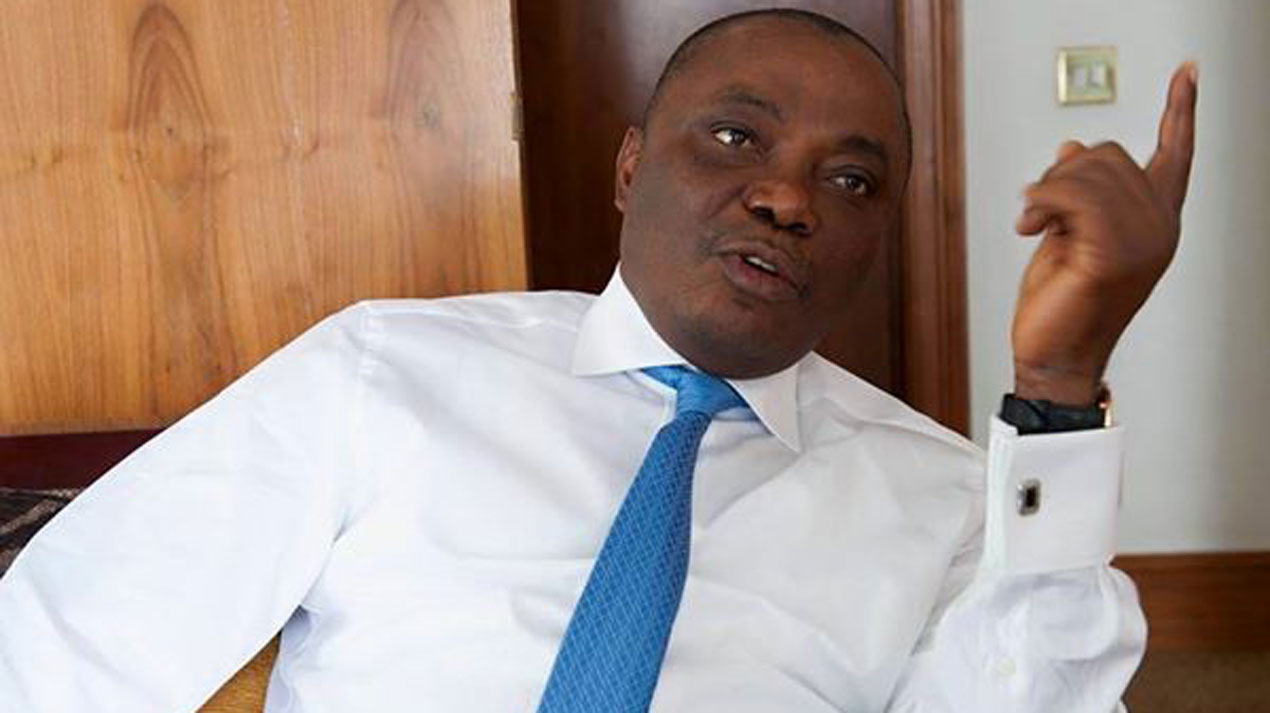ABUJA, Nigeria — The Supreme Court of Nigeria on Friday, July 7, 2023, quashed the conviction of Senator Peter Nwaoboshi, representing Delta North, who had been sentenced to seven years in prison on charges of fraud and money laundering.
The apex court ordered his immediate release from Ikoyi Prison in Lagos, where he had been incarcerated.
The ruling also extended to Golden Touch Construction Project Ltd and Suiming Electrical Ltd, the two companies that were prosecuted alongside the Senator, freeing them from the charges brought against them by the Economic and Financial Crimes Commission, EFCC.
In a dramatic twist, the Supreme Court, in a split decision of four-to-one, overturned the judgment of the Court of Appeal in Lagos, dated July 1, 2022, which had itself reversed an earlier Federal High Court ruling that had discharged and acquitted Senator Nwaoboshi and the companies.
Justice Emmanuel Agim, delivering the lead judgment, stated that Nwaoboshi and the two companies were “unjustly and maliciously prosecuted by the EFCC for committing no offences known to law.”
The Supreme Court criticized the EFCC for subjecting them to a criminal trial concerning what was deemed to be a civil transaction.
The EFCC accused Nwaoboshi and his companies of illicitly acquiring a property known as Guinea House on Marine Road, in Apapa, Lagos, for N805 million.
The property was alleged to belong to the Delta State Government.
The EFCC further claimed that part of the money used to purchase the property was transferred by Suiming Electrical Ltd on behalf of Nwaoboshi and Golden Touch Construction Project Ltd, and alleged that these funds were proceeds of illicit activities.
The Supreme Court’s judgment brings a decisive turn in this high-profile case.
Legal experts and political observers have their eyes on the implications of this judgment as it reflects on the judiciary’s role in anti-corruption efforts and political accountability in Nigeria.
Senator Nwaoboshi and his associates are yet to comment on the judgment.
Meanwhile, the EFCC’s approach to handling cases involving politicians and prominent figures is likely to face scrutiny in the wake of this development.







